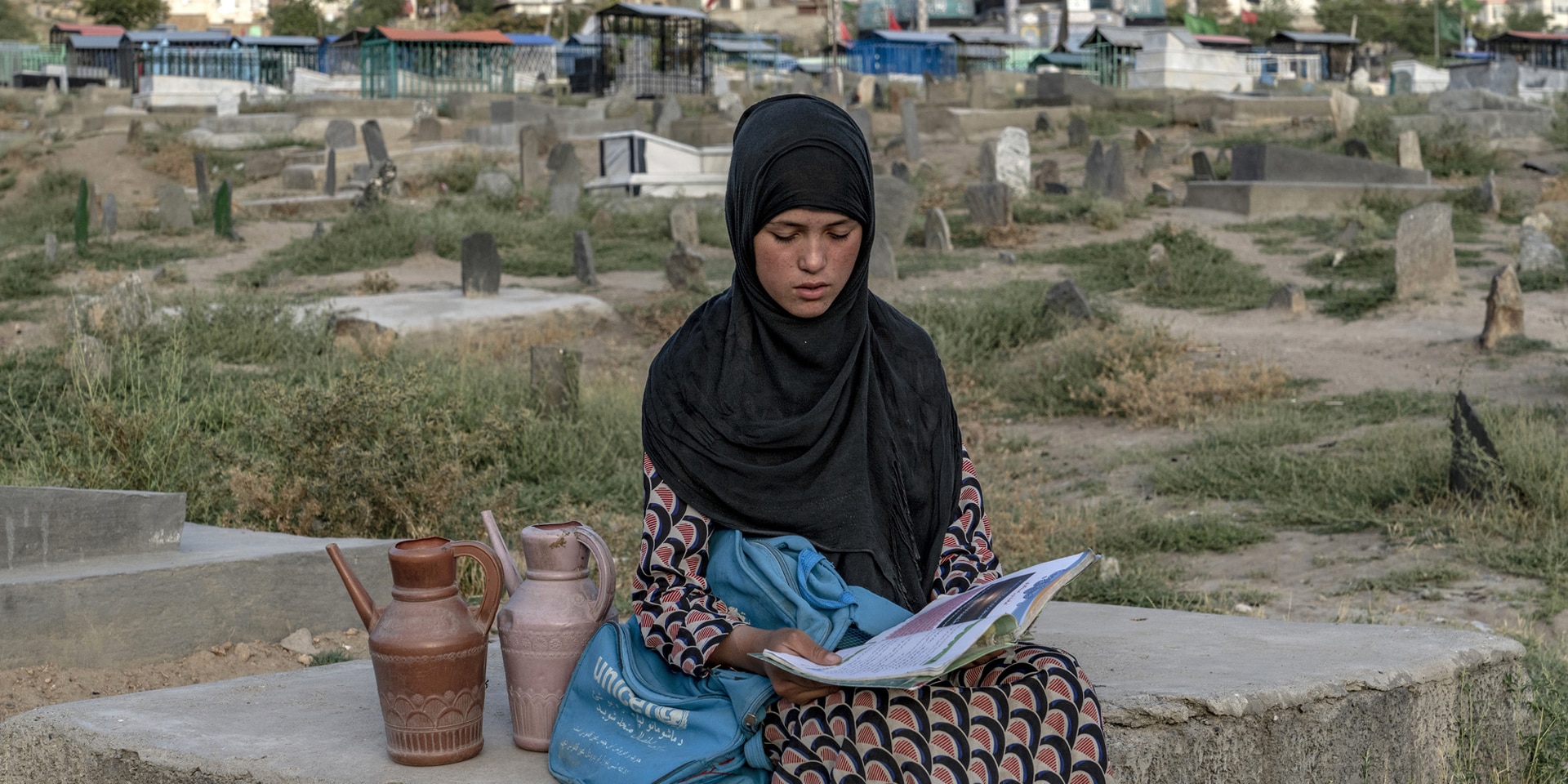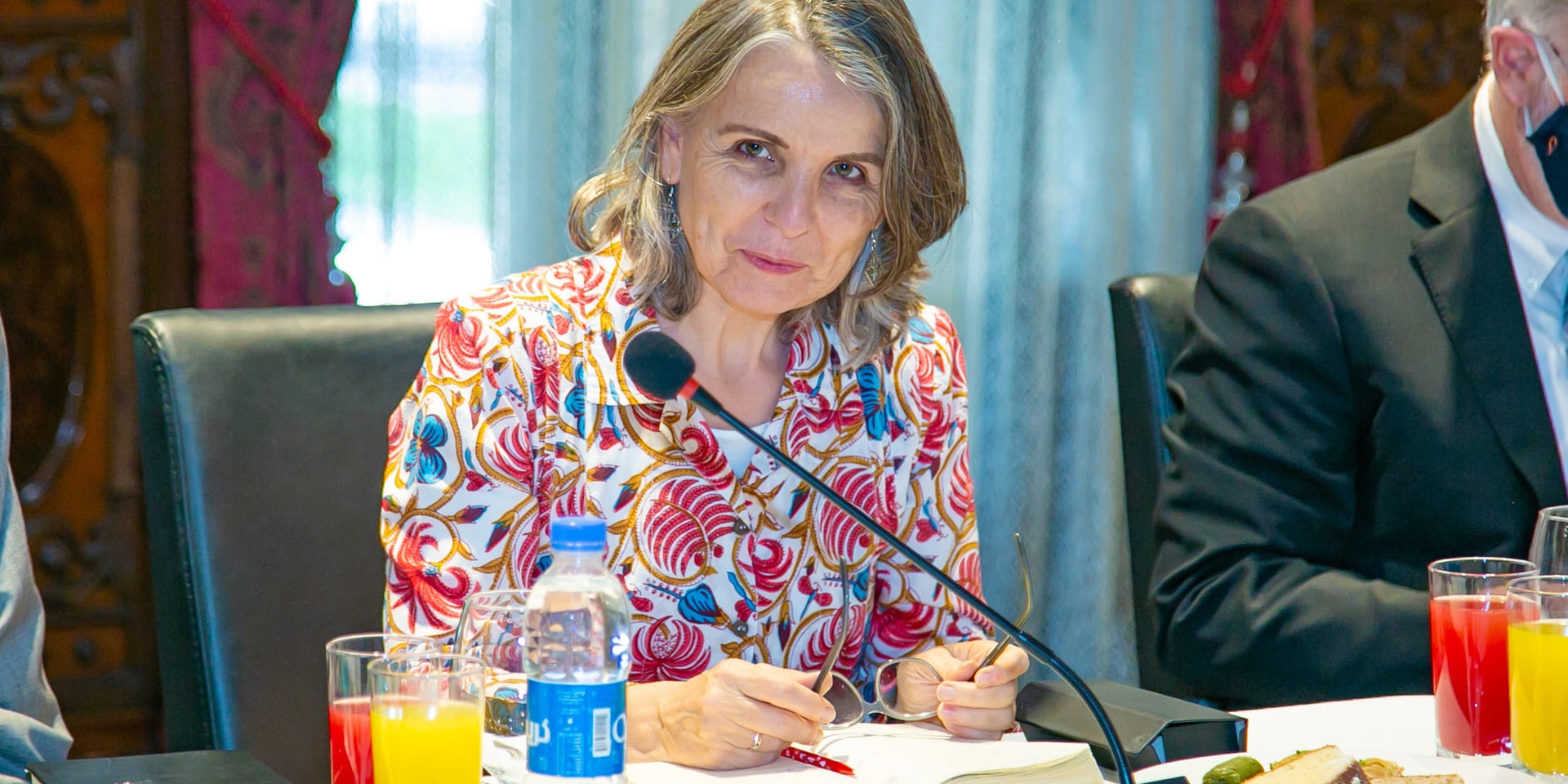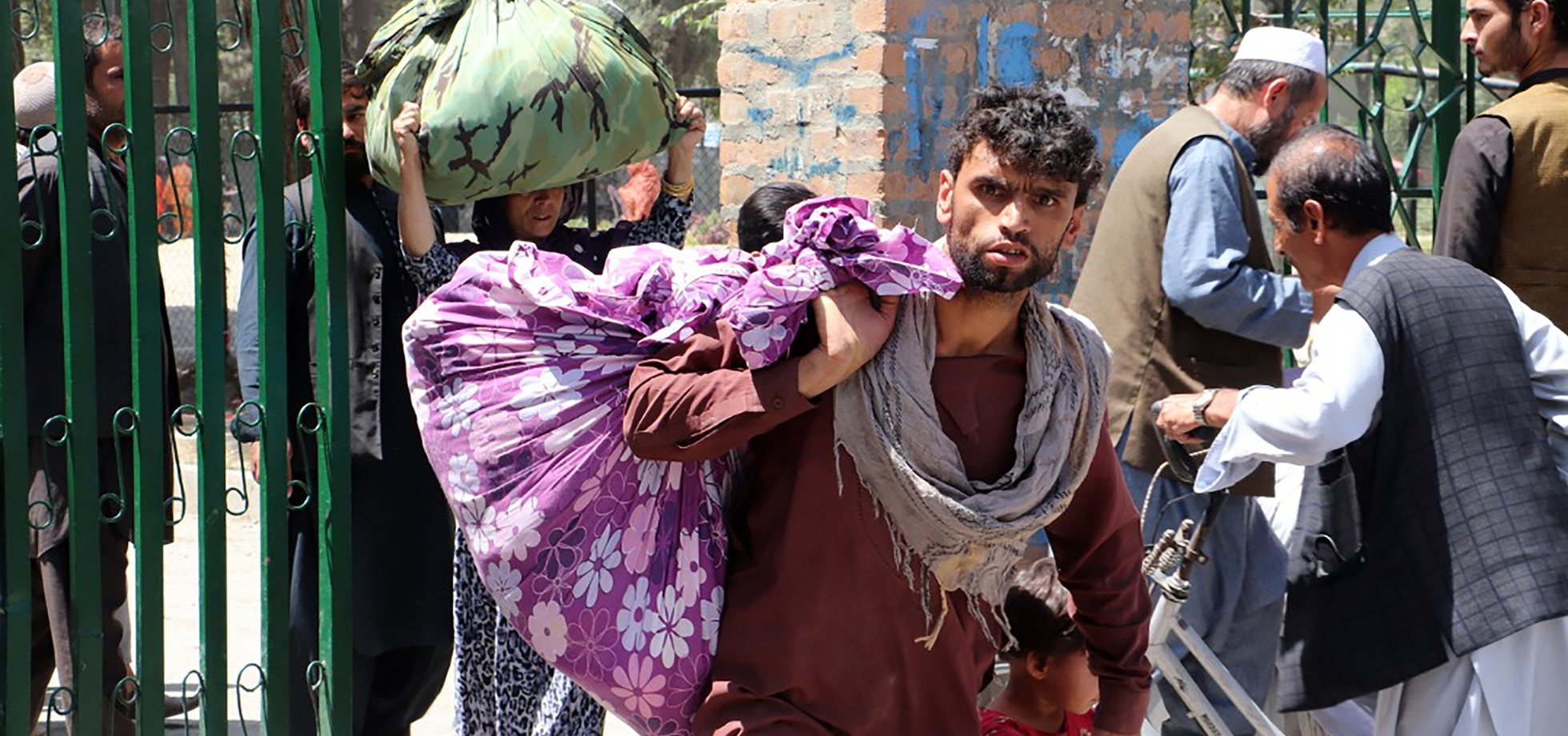Switzerland re-establishes presence in Kabul with humanitarian office
In Afghanistan, 24 million people rely on humanitarian aid and most of the population live below the poverty line. Switzerland has now opened a humanitarian office in Kabul. Four specialists from the Swiss Humanitarian Aid Unit (SHA) and ten local employees are working on the ground to ensure vulnerable communities are getting support to meet their basic needs.

Switzerland re-established a presence in Kabul in March 2025 with the opening of a humanitarian office. © SDC
After the Taliban seized power in August 2021, Switzerland closed its cooperation office in Kabul and evacuated all its staff. Initially, the SDC team responsible for Afghanistan continued its programmes from Bern. Since February 2023, it has been operating from the Pakistani capital Islamabad and conducting regular visits to Kabul in order to continue the SDC's programmes for Afghanistan.
Effective aid requires local presence
The SDC has now returned with a humanitarian office on the ground. This was a much-needed move in order to better respond to the needs of vulnerable communities in Afghanistan, according to the SDC's deputy director general and head of its Humanitarian Aid Division, Dominik Stillhart.

Effective support for vulnerable communities requires direct dialogue with the people, efficient coordination between the aid organisations on the ground and a comprehensive understanding of the situation. This applies to all crisis areas where humanitarian aid is needed, not just Afghanistan. SHA members must be in a position to provide a flexible and rapid response to local people's needs. This can only be achieved with a field presence, says Eric Marclay, who heads the office in Kabul.
From cooperation office to humanitarian office
Following the Taliban takeover in August 2021 and resulting new conditions in Afghanistan, Switzerland adapted its development cooperation programmes to focus on humanitarian aid, support for local civil society – especially women and girls – food security and climate-resilient agriculture. To this end, the former cooperation office in Kabul has now been converted into a humanitarian office. The 2025 humanitarian aid budget for Afghanistan is CHF 25 million, including operating and personnel costs.
Cooperation with Taliban limited to bare minimum
No development programmes or financing will be entered into with the Taliban authorities. The SHA team works closely with UN partner organisations such as the World Food Programme (WFP), the Office of the UN High Commissioner for Refugees (UNHCR), the International Committee of the Red Cross (ICRC), the World Bank as well as international and local NGOs. The SHA's contacts with local and regional authorities are limited to technical necessities for providing humanitarian aid only.
The Taliban have not stipulated any conditions and are allowing Switzerland to carry out its activities on the ground. The security situation in Afghanistan remains complex and harbours considerable risks for all operations in the country. Switzerland is closely monitoring the situation on the ground and has a broad-based security programme for all of its staff.
Afghanistan
The Taliban takeover in August 2021 led to a further deterioration of the already devastated economic, political, social and humanitarian situation in the country. The local population suffers from a systematic restriction of human rights by the Taliban, affecting women and girls in particular. The country has been weakened by almost 50 years of war and conflict and is also suffering the negative impacts of climate change. According to the UNHCR, 1.6 million people have fled Afghanistan since 2021 and 3.6 million are internally displaced within their own country.
Humanitarian aid
Switzerland's humanitarian mandate is universal, meaning it offers assistance where needed, irrespective of geographic location. At the centre of any humanitarian aid effort are people's lives. Humanitarian aid helps people to stay safe and retain their dignity and rights. Humanitarian aid goes hand in hand with respect for international humanitarian law, international norms and humanitarian principles.



